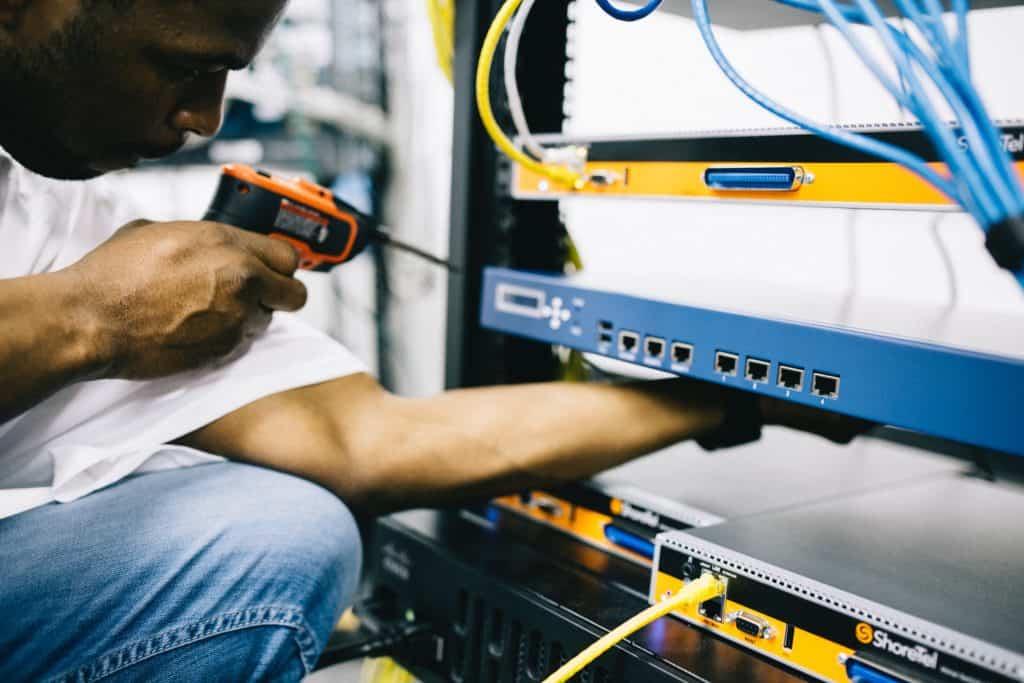A report from the United Nations in 2019 placed the UK in second place for the most waste electrical and electronic equipment (WEEE) per person. Generating 23.9kg of WEEE per person, the UK has received a great deal of opposition for its lax stance on e-waste.
France has already started planning for this new method of re-use. From 2021, companies will have to label all electrical devices with their repairability scores, in the hope of promoting more sustainable purchases. The scores will be rated from one to ten, demonstrating to users how easily the device can be mended.
In the UK, the Green Party and Liberal Democrats are pushing the Conservative party to do the same. Sarah Olney, environment spokeswoman for the Liberal Democrats, encourages the prospect of a similar scheme for the UK population. ‘This is not just about empowering people to make informed choices about what they buy, but also has the potential to create new skilled jobs as part of a green recovery from the Covid crisis,’ she explains.
This is not a new request. For the past few decades, environmental activists have been petitioning against electrical manufacturers creating ‘planned obsolescence’ for their electrical goods. This is the act of creating artificially short life-spans for goods in order to increase replacement purchases. This reflects the wider societal trend of a throwaway culture, which has seen growing environmental damage from the textile industry too. Deputy Green Party Leader, Amelia Womack, suggests it should be a ‘legal requirement for companies to lengthen the life of their products and ban the practice of planned obsolescence’.

WEEE is one of the more dangerous forms of waste. Many electrical goods contain hazardous substances, which have to be disposed of in line with UK guidelines. While the guidelines cover landfill and recycling, there is little guidance for repair of electric devices, particularly in the case of smaller appliances. The Green Party has suggested “repair cafes,” where individuals can bring their e-waste goods in to be mended.
High rates of e-waste disposal result in high electric device production. The creation of electronic goods creates high quantities of factory waste and fuels that contribute to global warming.
In 2019, the EU introduced the ‘right to repair’ legislation regarding appliances. This legislation proposed that from 2021, firms had to make their appliances longer-lasting, and also provide replacement parts for the first 10 years of purchase. These new rules were focused on larger appliances, such as washing machines, fridges, and dishwashers. This legislation was created as a reaction to the increasing trend of appliances breaking soon after the end of their warranty period.
The UK government is promising to match the right to repair legislation. The department for Environment, Food and Rural Affairs has created the Environment Bill. The department explains that, through this bill, they are ‘seeking powers to place greater responsibility on producers to make their items more resource-efficient and easier to re-use and recycle – making it as easy as possible for people to reduce, re-use and recycle.’


